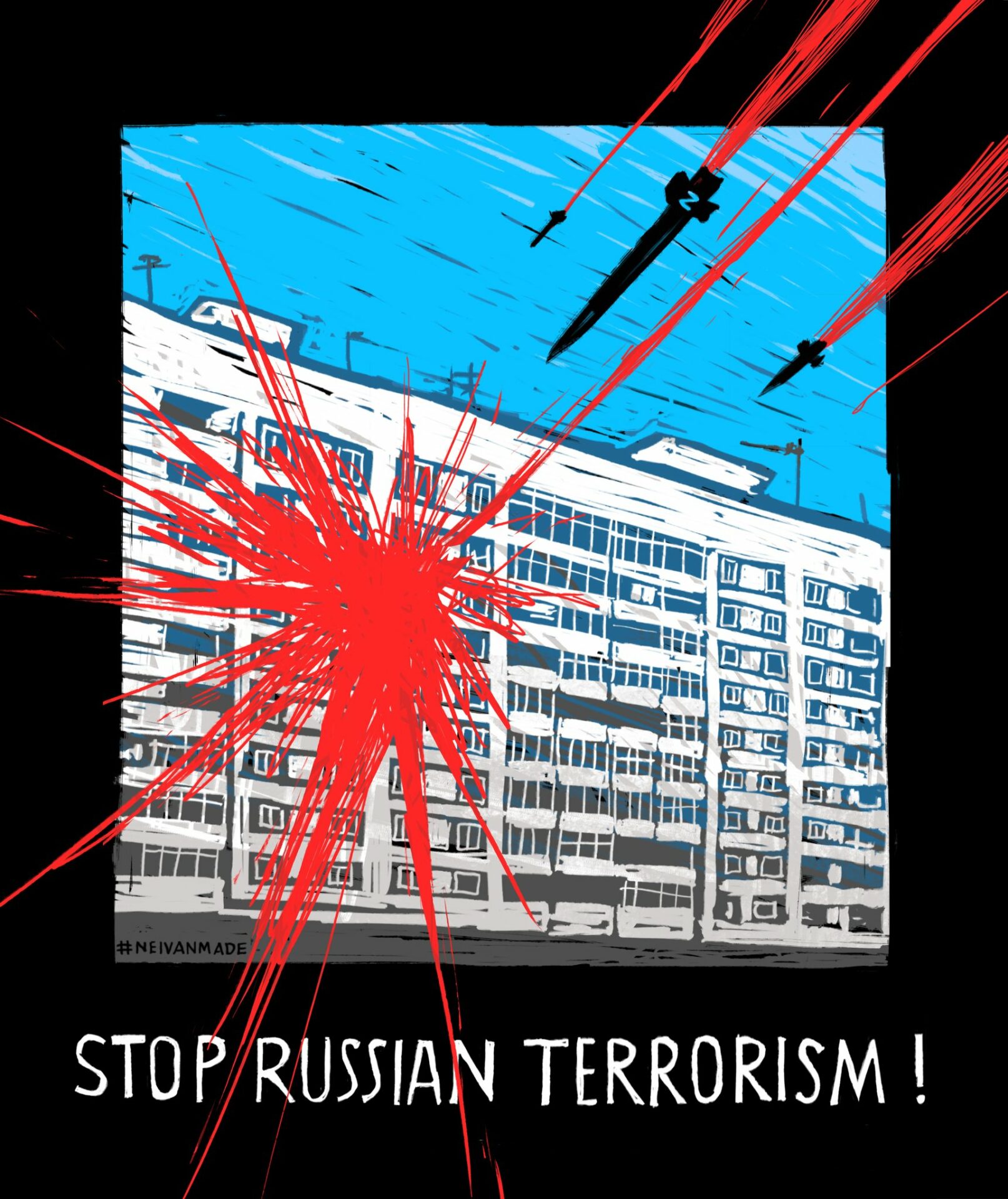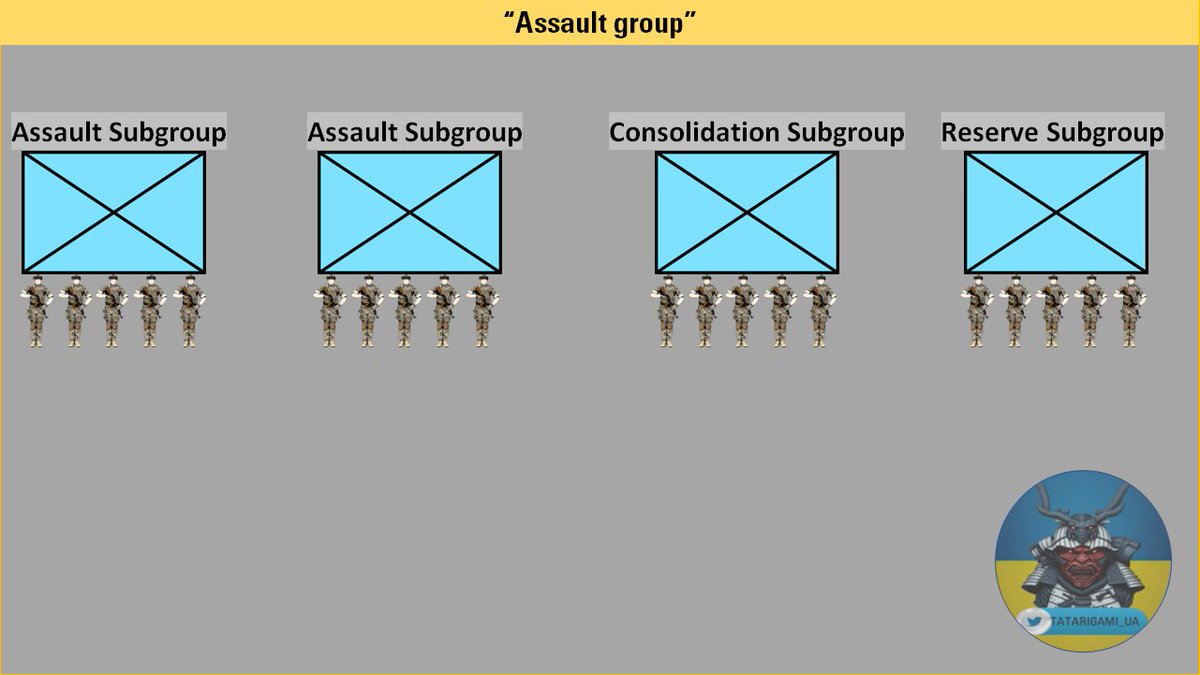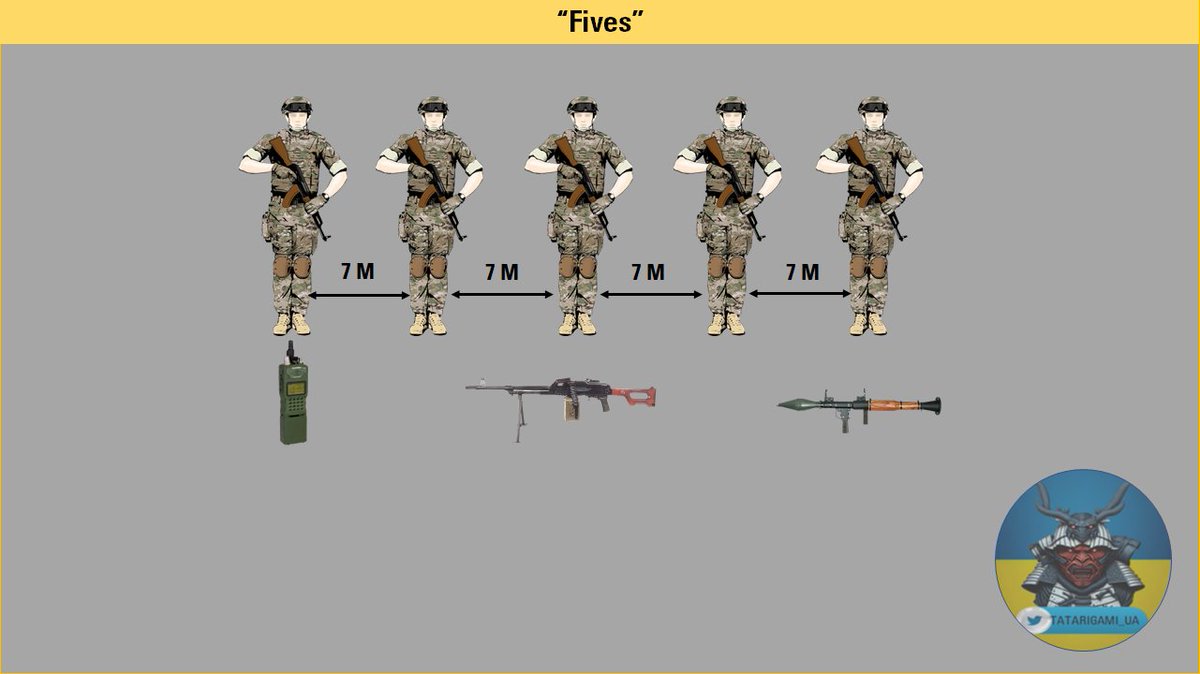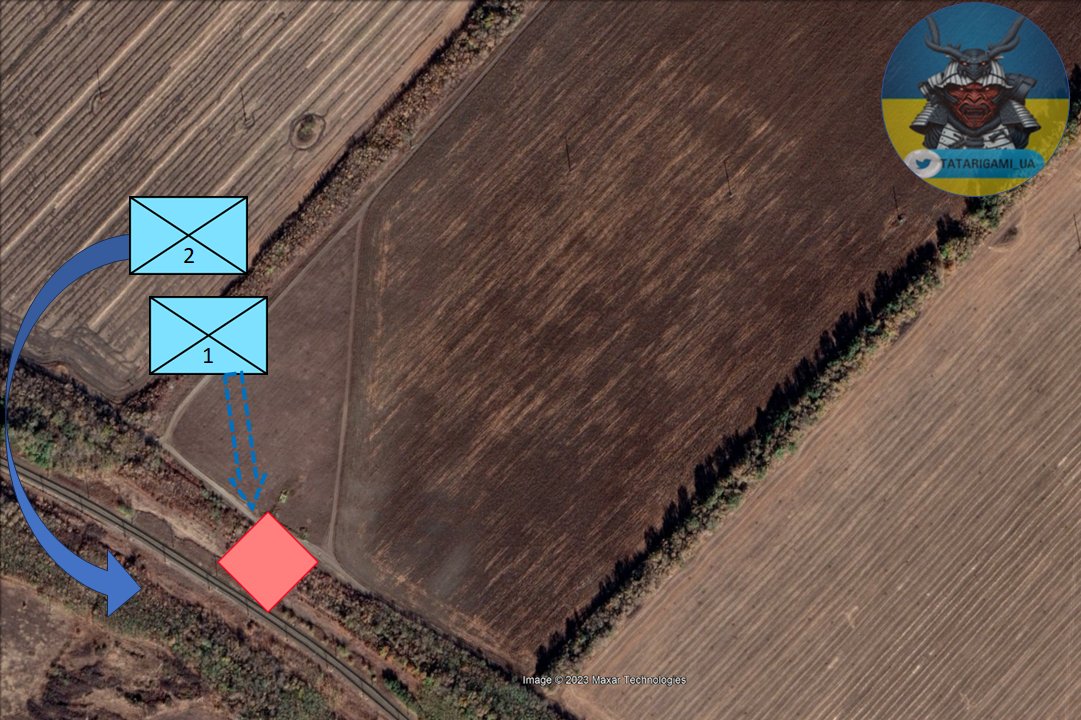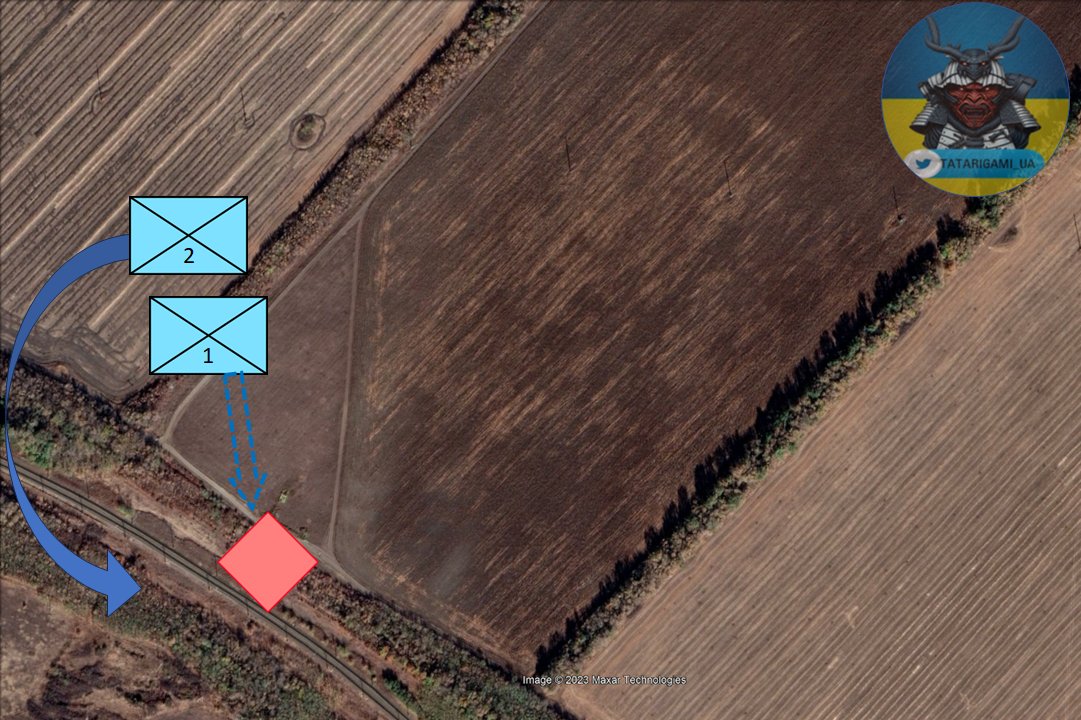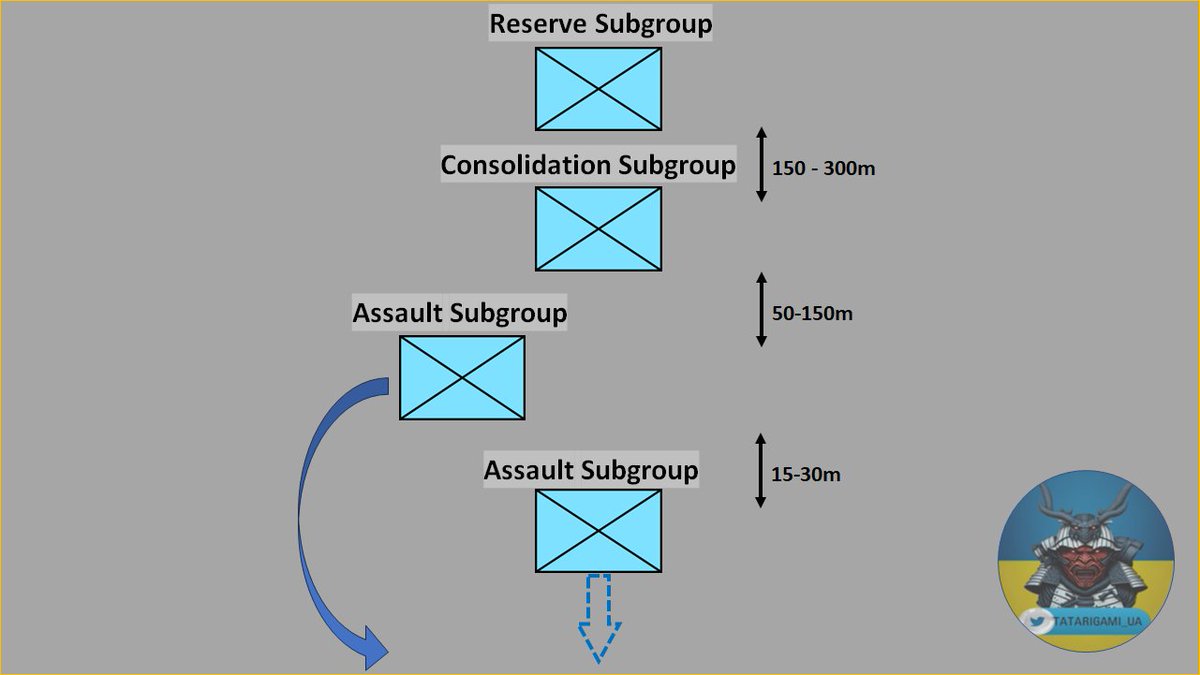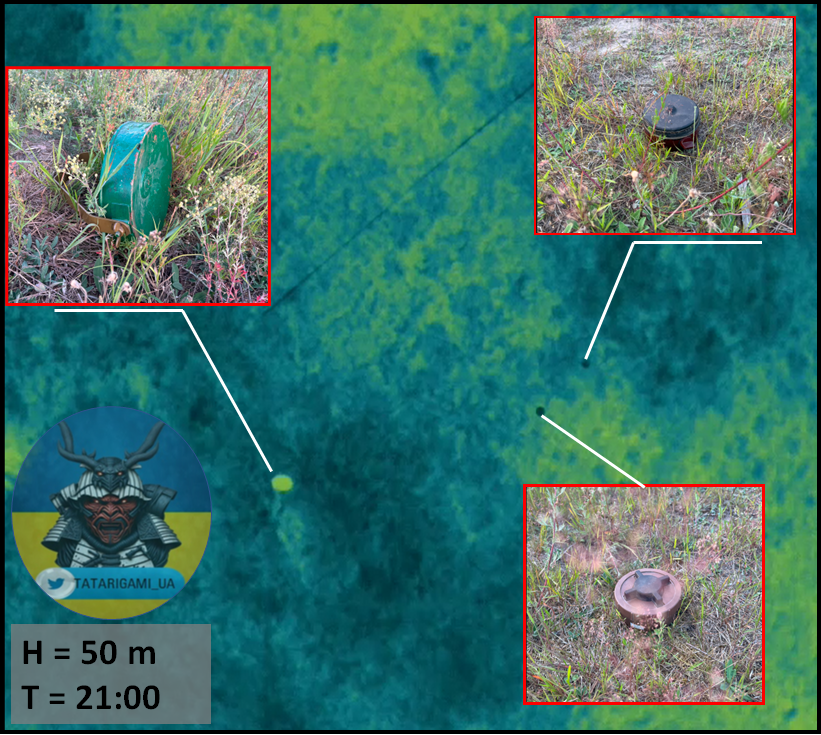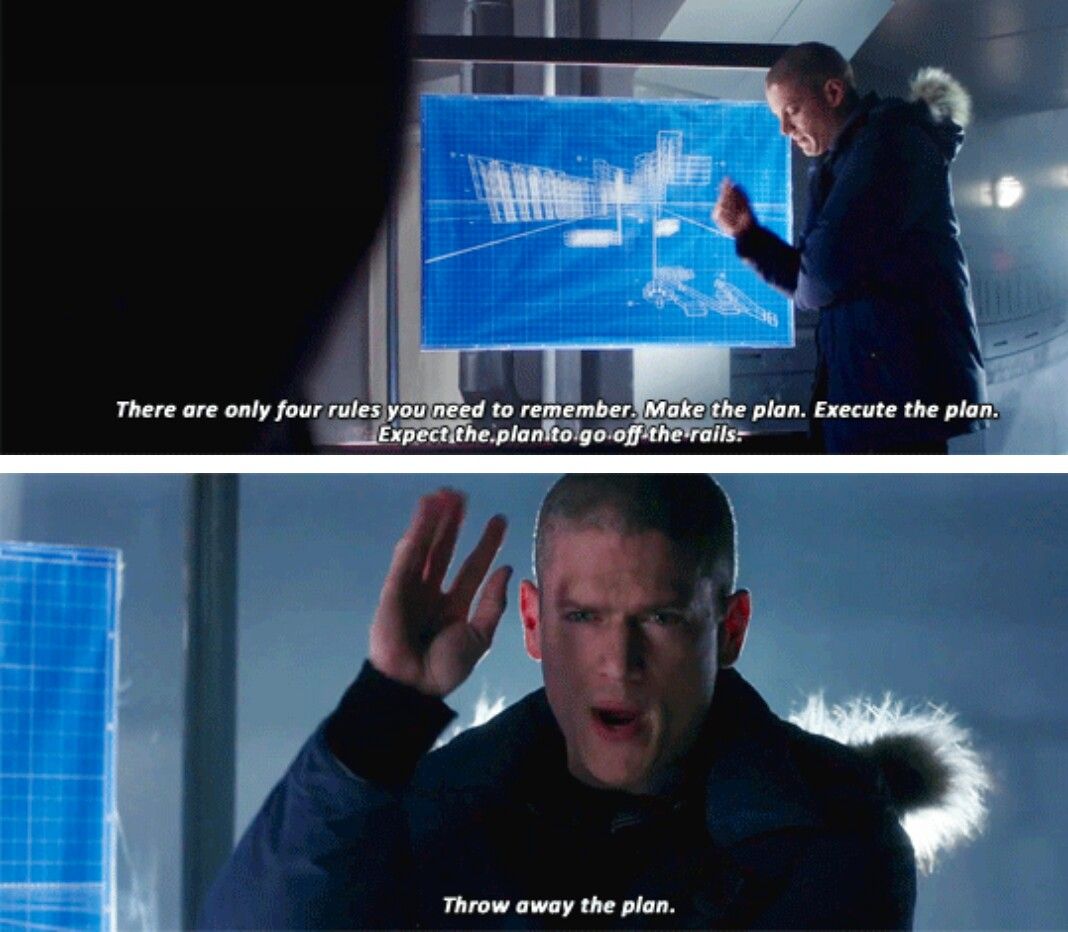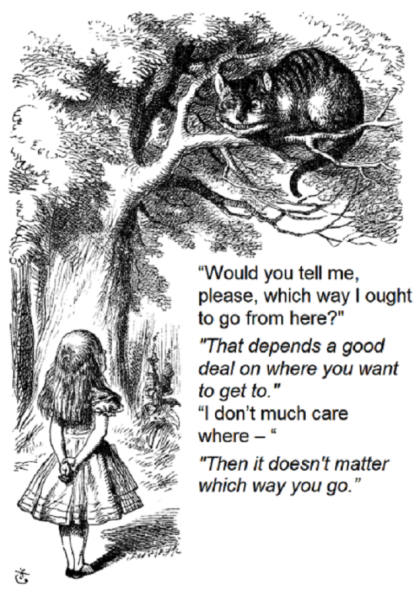A perfect example of how Fox brainwashes its viewers: by sharing some real information (a man did just paint a mural of Trump's mugshot in Atlanta) but concealing important facts (the completed mural shows Trump saying: "M.A.G.A My Ass Got Arrested") https://t.co/S1ez1qPQ9D https://t.co/QcmrAGel4Z pic.twitter.com/wcfUKwGUlq
— Robert Mackey (@RobertMackey) August 29, 2023
Kyle is one of the best election analysts & he knows Ohio as well as anyone https://t.co/qoz1GqwxF9
— Dana Houle (@DanaHoule) August 29, 2023
BREAKING: New polling conducted by @GBAOStrategies reveals 88 percent of young Americans support labor unions.
We've said it before and we'll say it again: Gen Z is on track to become to most unionized generation in American history. pic.twitter.com/WpA5Rlpa8R
— AFL-CIO ? (@AFLCIO) August 29, 2023
?? Key Point ??
If we turn out just 5% more Democratic voters in rural areas of key states – we can flip toss-up seats, pass critically important legislation, and protect our democracy from the MAGA agenda.
Follow my friends @DirtRoadPAC https://t.co/ud37rV4s2B
— Jaime Harrison (@harrisonjaime) August 28, 2023
i‘ll vote for anyone who sets the death penalty for crypto mining https://t.co/fI5dlcebvJ
— GarbageApe (@GarbageApe) August 24, 2023
The Media Still Doesn’t Get Biden Voters https://t.co/HpqMqFm7Pl
— Shiny Objects (@Shinyobjects3) August 28, 2023
Yes, it’s the (GOP Never Trumpist) Bulwark. Still worth reading — The Media Still Doesn’t Get Biden Voters. And barely even tries:
… Reporters don’t do safaris to “Biden Country,” seeking to understand the voters who put him in the White House. While there are pieces explaining how, for example, black women in Georgia suburbs made a big difference in the 2020 election, there’s nothing approaching the ongoing coverage of white men in Ohio diners.
In case I had a blind spot, I turned to crowdsourcing, asking on social media whether anyone knew of examples of journalists making the case for trying to understand the Biden voter. Few could think of any. The two closest were a September 2019 National Review article by Jim Geraghty called “Inside the Mind of the Biden Voter” and recent podcast interviews by former GOP Rep. Joe Walsh, such as with Charlotte Clymer, a trans woman who’s worked for LGBT rights and pro-choice advocacy groups…
Four years later, discussing “what keeps Democrats up at night” heading into 2024, Geraghty asserts that “Democrats perceive themselves to be more popular than they are and American society to be much more unified behind their agenda and worldview than it is.” Among his evidence: “Oscar-bait movies . . . depicting some heroic multiracial gay handicapped abortionist who wants to save the rainforests” and the right-wing backlash to Bud Light doing a niche promotion with trans internet personality Dylan Mulvaney. Regarding the president’s campaign for re-election, Geraghty argues that a big reason Democrats are nervous is because, as National Review editor Charles C.W. Cooke put it, “Joe Biden is an asshole” and “always has been.”
Anyone’s entitled to their opinion of the president, but it’s safe to say most Democrats don’t share that one. Even in a piece purportedly about what Democrats are thinking, Geraghty focused on how he thinks Democrats misunderstand Republicans and independents, rather than trying to help Republicans understand how Democrats see themselves, let alone imploring conservatives to show more respect and sympathy towards liberals’ point of view, even if they disagree with it.
If anything, those exceptions prove the rule. Walsh does implore conservatives to reach across political and cultural divides, but hasn’t held office since 2013, and angered Republicans by launching a primary challenge to Trump in 2019, leaving the party in early 2020 after it flopped…
… Many journalists, editors, and political analysts at mainstream outlets headquartered in New York or Washington, D.C. were surprised by the rise of Trump and his 2016 win. Sensitive to accusations that they have a liberal and/or pro-establishment bias, and believing that his rise could represent a political shift worth studying, they bend over backwards to try to understand the mind of the Trump voter.
But here’s the thing: Many journalists, editors, and political analysts were also surprised by Biden’s strong win in the 2020 primaries after he lost the first two contests in Iowa and New Hampshire. His nomination defied the narrative that the Democratic party had lurched to the left, becoming obsessed with identity politics and eager for socialism..
Apparently, many who purport to know about politics need to work harder at listening to, understanding, and empathizing with Biden voters…
Millions and millions of Americans are, for lack of a better term, Bidenists. Many don’t have strong feelings about Biden himself, and some are quite critical of him, but they tend to react to societal disruptions by seeking normalcy, not trying to increase the chaos.
Bidenists like a president who shows empathy, though they may not have realized that until confronted with the opposite. It’s not a coincidence that George W. Bush’s approval rating shot up after 9/11 and stayed high until after the invasion of Iraq, nor that various Republican governors saw sustained approval increases during the worst of COVID while Trump quickly lost his…
Overall, Bidenists are pretty earnest. And if the Trumpist right, the far left, and the above-it-all center keep assuming everyone is as disillusioned as they are, they’ll keep getting it wrong.
Joe Biden was swept into the White House by a record number of votes from a wide variety of Americans, and he’s not a charismatic leader who commands crowd and camera, singlehandedly inspiring new voters as Barack Obama or Donald Trump did. If conservative elites don’t like it, maybe they should stop behaving in ways that make Bidenism inevitable.
Yeah, it’s a long(ish) read… but if you’re here on a holiday weekend Saturday night, what else you got to do?
Saturday Evening Open Thread: Holiday Weekend PotpourriPost + Comments (138)



